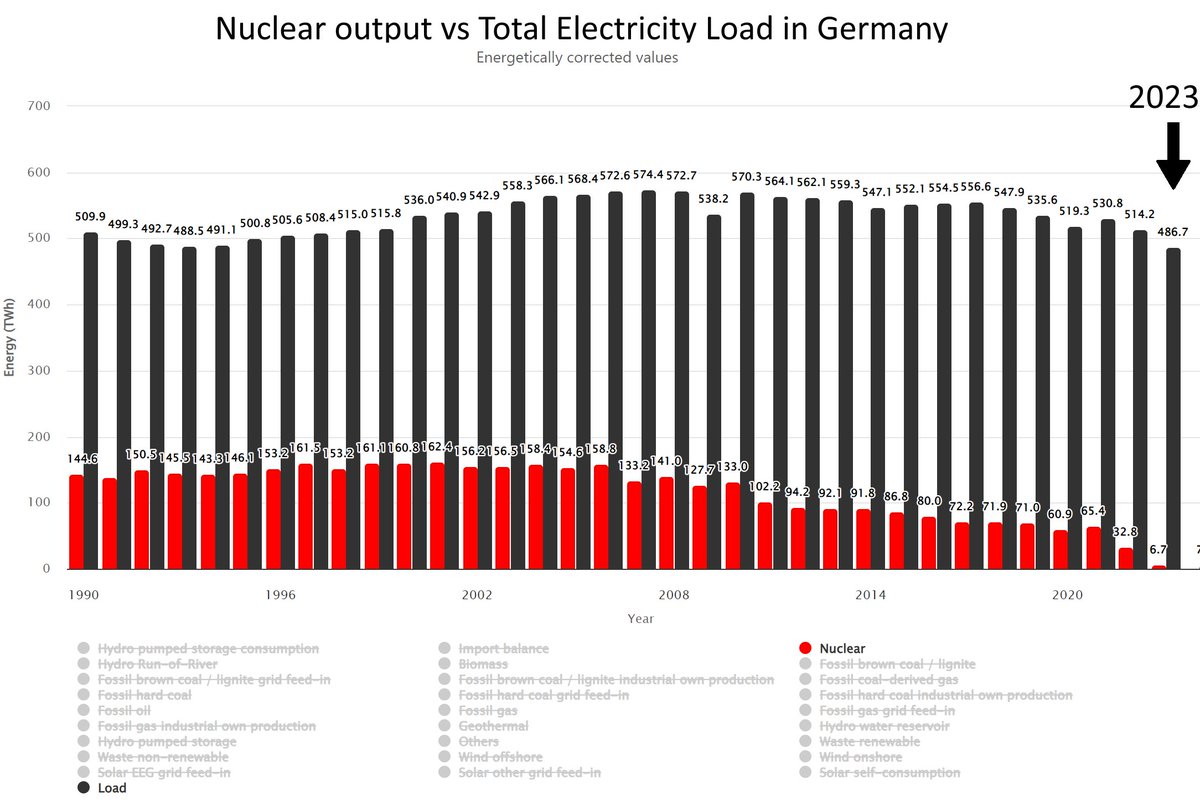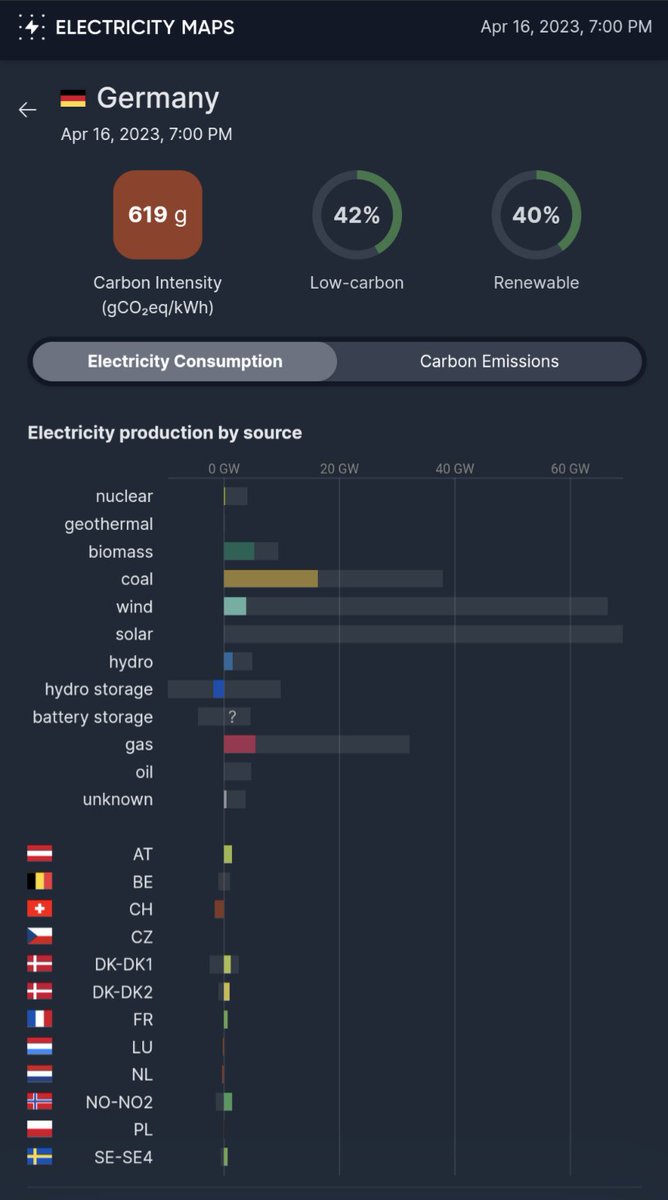In 1985, the world's leading nuclear energy company, Westinghouse, completed a nuclear plant for a growing country that desperately needed the electricity.
The plant has yet to be run.
Welcome to the maddening, but hopeful, story of the Philippines's Bataan Nuclear Power Plant.
The plant has yet to be run.
Welcome to the maddening, but hopeful, story of the Philippines's Bataan Nuclear Power Plant.
A few months ago I was invited by Philippine Congressman @markcojuangco to see something few have ever seen: a nuclear plant frozen in time, completed including a trained operating staff, but never turned on.
I couldn't say yes fast enough. Here are some pictures, with captions.



I couldn't say yes fast enough. Here are some pictures, with captions.

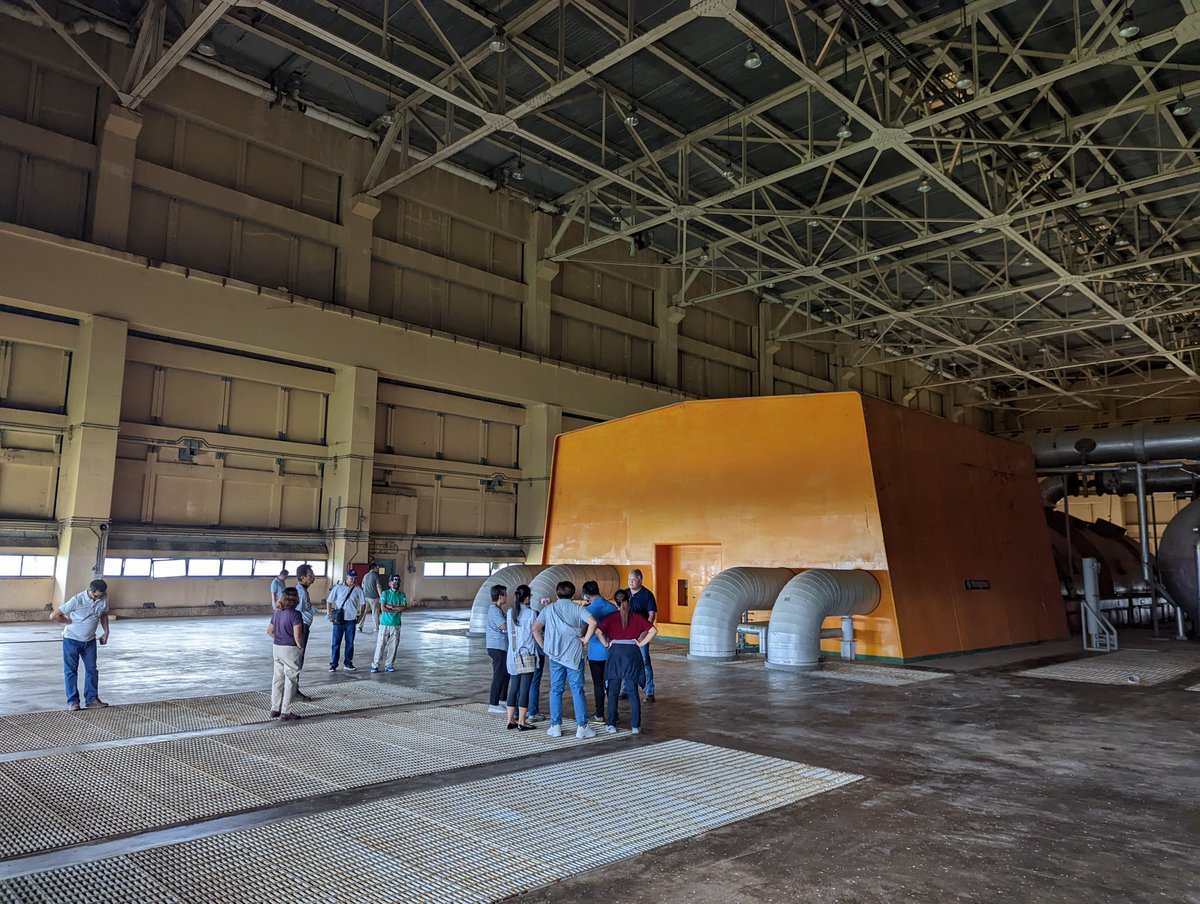


President Ferdinand Marcos ruled the Philippines with his wife Imelda for 21 years.
The USA supported them as an anticommunist bulwark during and after the Vietnam War.
Many projects, large and small, useless and valuable, went forward, frequently due to Imelda's initiative.


The USA supported them as an anticommunist bulwark during and after the Vietnam War.
Many projects, large and small, useless and valuable, went forward, frequently due to Imelda's initiative.



One of the grand Marcos projects was to make the Philippines into a nuclear energy power. Westinghouse and General Electric competed for the prize. Westinghouse pressurized water reactor (PWR) technology won.
Official construction started in 1977 on the coast of Bataan province.



Official construction started in 1977 on the coast of Bataan province.




Eventually the public, the military, and even the USA, got tired of the Marcos family.
The end was stage-managed by the USA amid an attempted coup and popular demonstrations.
The nuclear plant finished hot functional testing in 1985 but hadn't turned on by Marcos's 1986 exit.
The end was stage-managed by the USA amid an attempted coup and popular demonstrations.
The nuclear plant finished hot functional testing in 1985 but hadn't turned on by Marcos's 1986 exit.
Do you know what else happened in the spring of 1986 besides the Marcos family departing into exile?
That's right: Chernobyl blew up
Despite its very different design and the need for its revenue to pay off giant debts incurred building Bataan, it was doomed by bad timing.
That's right: Chernobyl blew up
Despite its very different design and the need for its revenue to pay off giant debts incurred building Bataan, it was doomed by bad timing.
Even if Philippines Nuclear Power Plant (original name) had been operating since 1986, it'd be in good working company with other "2-loop" Westinghouse reactors of similar size and age, such as Kori-2 in South Korea and Krško in Slovenia.
These things just don't seem to wear out


These things just don't seem to wear out

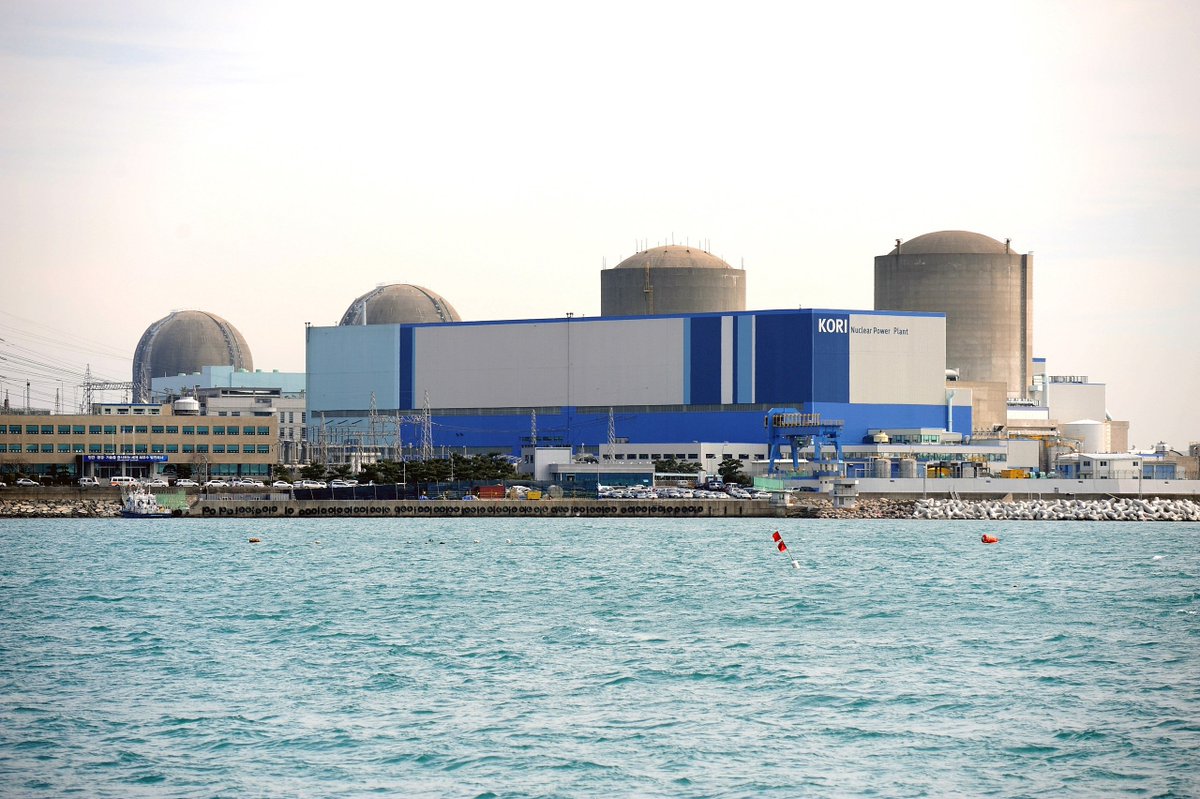

A must-see video from inside containment of the completed Westinghouse 2-loop PWR at Bataan.
Looks ready to roll! Estimates from Korean experts familiar with this specific plant say it would take several years of work to meet today's high post-Fukushima Daiichi standards.
Looks ready to roll! Estimates from Korean experts familiar with this specific plant say it would take several years of work to meet today's high post-Fukushima Daiichi standards.
Instead of turning the reactor on to make electricity to pay down the billions spent in construction, the new government just...didn't.
But PH stayed on good terms with the USA, paying down every last cent by 2007, while choosing not to receive 37 years (so far) of cheap power.
But PH stayed on good terms with the USA, paying down every last cent by 2007, while choosing not to receive 37 years (so far) of cheap power.

After seeing it and hearing from expert inspectors, I became a believer.
But even then I wasn't prepared to meet the surviving nuclear operators, 7 of the original 13, who had spent their lives since 1986 watching their country struggle for energy knowing their plant could help
But even then I wasn't prepared to meet the surviving nuclear operators, 7 of the original 13, who had spent their lives since 1986 watching their country struggle for energy knowing their plant could help

My trip included meeting with Philippine politicians to answer questions about nuclear energy and to discuss the potential to relaunch Philippine-1.
I made the argument on TV shows: how lucky for the country to have an already-built nuclear plant in an age of energy shortages!


I made the argument on TV shows: how lucky for the country to have an already-built nuclear plant in an age of energy shortages!



In this thread I did not attempt to address all the bullshit and mythology that has accreted over nearly four decades of antinuclear fearmongering. But if you have questions drop them below and we'll try to get them answered. 
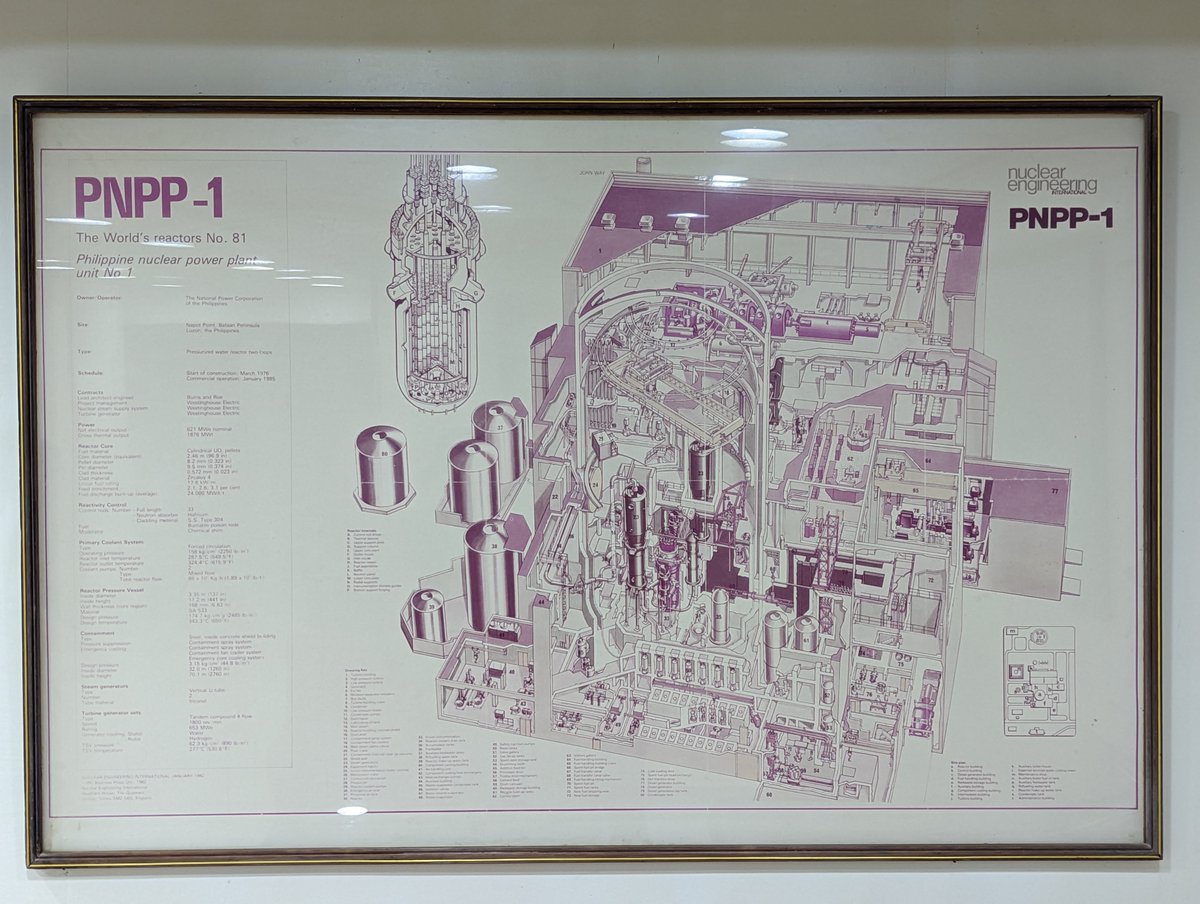
• • •
Missing some Tweet in this thread? You can try to
force a refresh














